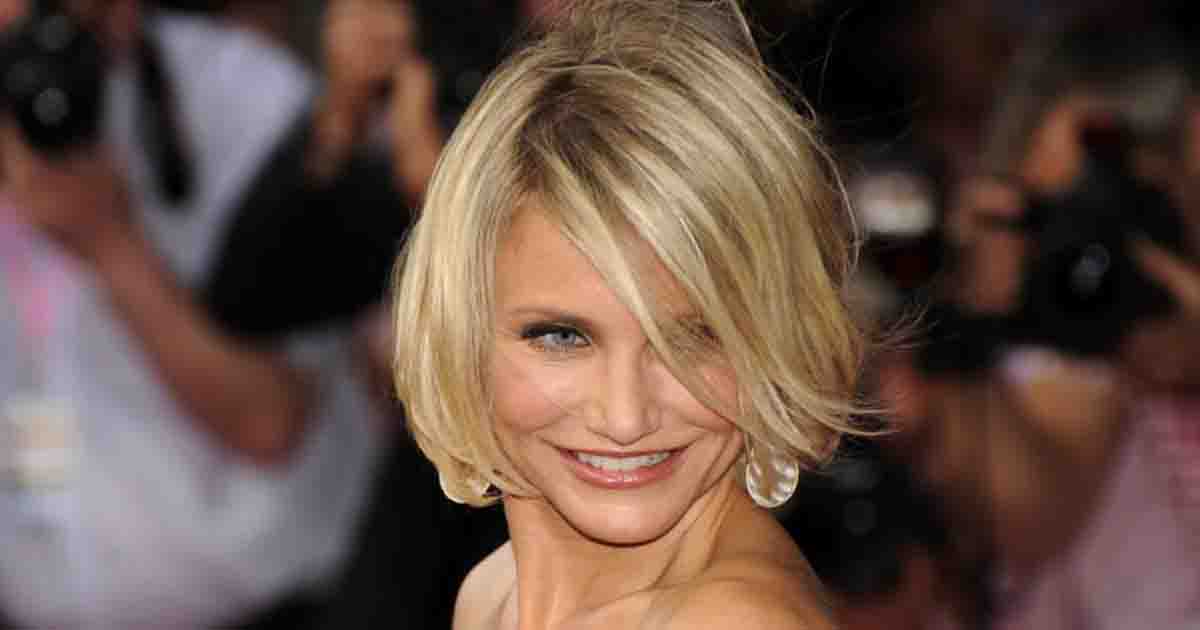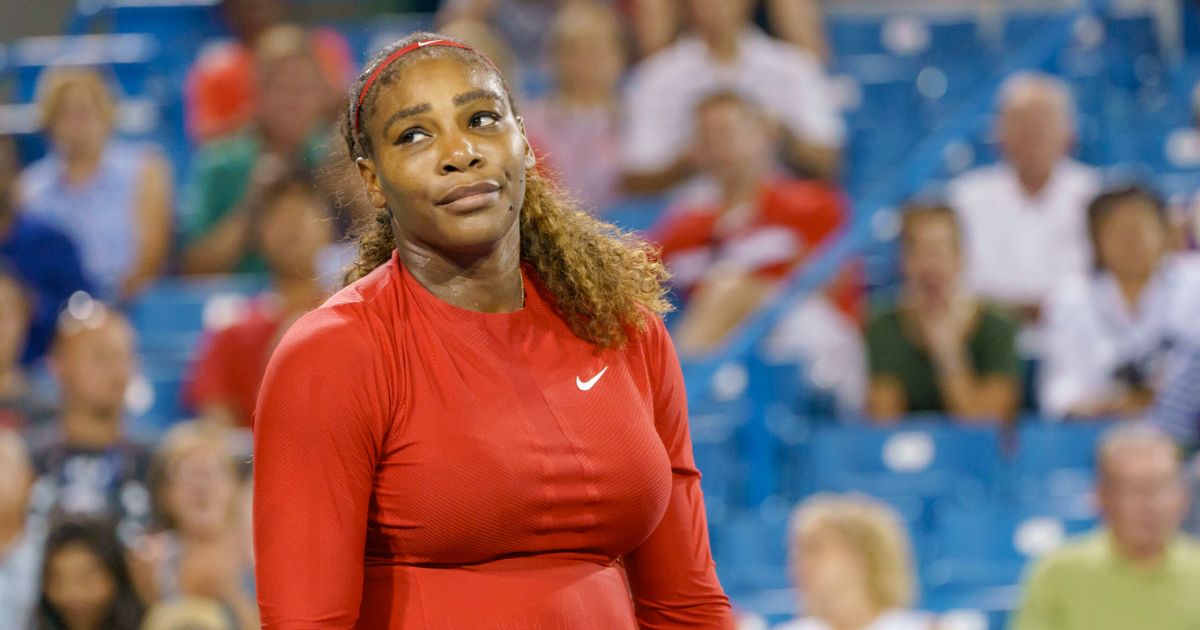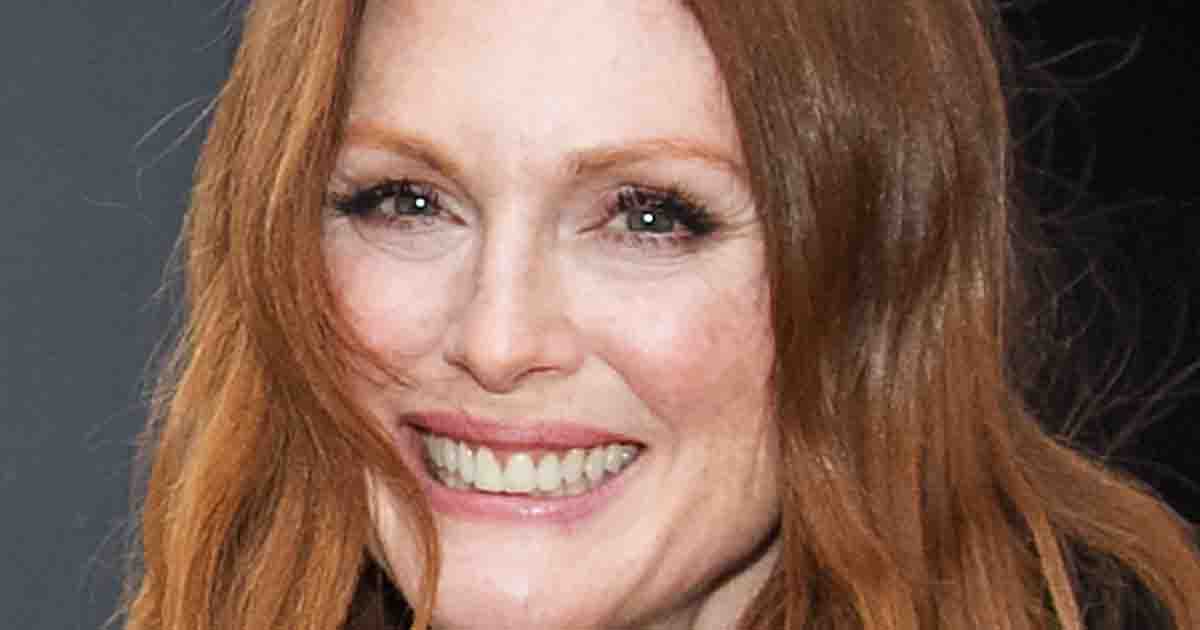First American Pope hailed as reformer, slammed as “woke” by critics
Robert Francis Prevost becomes the first U.S.-born pope in history—but not everyone is celebrating his rise to the papacy.
Pope Leo XIV made history this week as the first American ever elected to lead the Catholic Church, but his progressive past and inclusive vision have sparked outrage from some conservative corners of the U.S., especially among MAGA supporters.
On Thursday evening, white smoke rose from the Vatican chimney, signaling to the world that the Catholic Church had chosen its new leader. That man is 69-year-old Robert Francis Prevost from Chicago, who will now be known as Pope Leo XIV. Thousands of people gathered in St. Peter’s Square erupted in applause as he appeared on the balcony and offered a message of peace to the world.
“Peace be with you,” he began, echoing the words of the resurrected Christ. His first speech emphasized love, humility, and unity—key themes that resonated with many Catholics across the globe.
However, not everyone was thrilled. While President Donald Trump congratulated Leo on his historic election, many of his supporters quickly criticized the new pope online. Their main concern? They believe Leo is too “woke.”
Why MAGA supporters are angry
Pope Leo XIV’s critics didn’t waste time. Influential voices in the MAGA movement labeled him a “globalist,” a “liberal,” and even a “Marxist.” They pointed to his past support for immigrants, his sympathy for George Floyd’s death, and his public criticism of right-wing politicians like U.S. Senator JD Vance.
Social media influencer Mike Cernovich posted, “This new Pope is an open borders globalist… he will be pushing for abortion soon.” Others shared old tweets from Leo criticizing Donald Trump’s immigration policies and called him worse than his predecessor, Pope Francis, who also faced backlash from conservatives.
Who is Pope Leo XIV?
Born in Chicago in 1955, Robert Prevost grew up in a devout Catholic family and reportedly knew by first grade that he wanted to become a priest. After joining the Augustinian order, he studied in Rome, took missionary trips to Peru, and eventually became the Bishop of Chiclayo, Peru, where he earned respect for his humility and joyful leadership.
Friends and former colleagues describe him as kind, grounded, and deeply committed to social justice. “He was somebody you would sit down with and just talk and laugh,” said his former roommate, Reverend John Lyndon. “He had a very good singing voice as well.”
Leo XIV also holds dual American and Peruvian citizenship. Before becoming pope, he worked in high-ranking positions within the Vatican, including overseeing the selection of bishops around the world.
Much like Pope Francis, Leo XIV supports modernizing the church’s approach to many issues. He has backed blessing same-sex couples, voiced concern over climate change, and advocated for diversity in church leadership, including women’s roles in key Vatican departments.
These progressive stances are celebrated by many Catholics and social justice advocates, but they have become lightning rods for criticism from far-right groups. Steve Bannon, former Trump advisor, warned before the election that Leo was “one of the most progressive” cardinals and a “dark horse” candidate the right feared would win.
What comes next for Pope Leo XIV?
Despite the online uproar, Pope Leo XIV’s election signals a continuation of the Church’s movement toward inclusivity, environmental stewardship, and global solidarity. His supporters hope he’ll bring a fresh voice and modern spirit to a Church that continues to wrestle with issues of tradition, reform, and relevance.
And while MAGA loyalists may loudly disapprove, millions around the world are watching closely, wondering what this American pope’s papacy will mean—not just for Catholics, but for the global stage.
Pope Leo XIV begins his reign in an era of deep political and cultural divisions. His rise is both a symbol of progress and a target for backlash. As he takes his first steps as the leader of 1.3 billion Catholics, his greatest challenge may be navigating a polarized world while staying true to his message of peace, humility, and unity.
What kind of change do you think Pope Leo XIV will bring to the Catholic Church and beyond?
